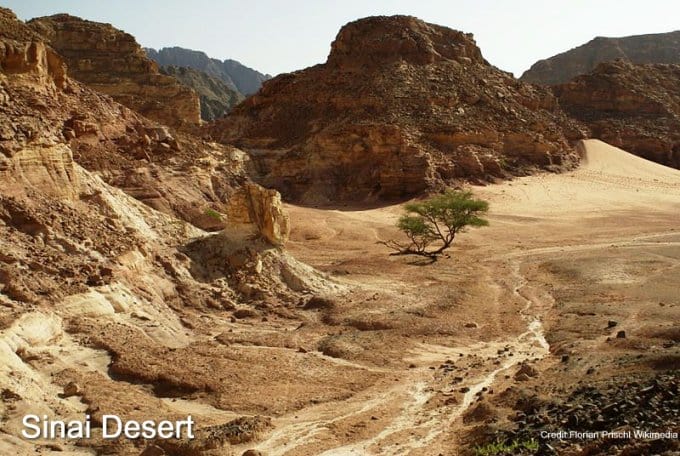Bible study notes are popular, but have you ever thought of writing your own? Why should I do so, you may ask; what would be the benefit of such extra effort? The idea behind the suggestion is that note-making will encourage us to dig deeper into the Scriptures. The finest spiritual gemstones and the most refreshing water-springs are only found by those who dig! To put it differently, many Christians turn to their printed study notes before they try to think out for themselves the meaning and the message of the Scriptures they are reading. The ancient art of meditating on the Word of God has been all but lost to our generation. We are suggesting one way to revive it. Why not try making your own notes, perhaps following the example below, remembering that ‘practice makes perfect’?
The general rule is to ask first what events a passage records, or what truths it teaches, then, to recognize how these things relate to God’s plan of redemption and, particularly, to the Lord Jesus Christ himself; and finally, to identify other Scriptures that teach the same truths, perhaps more explicitly, so that we build up a biblical understanding of these truths.

Bible passage: Psalm 114
To unlock the secrets of this particular psalm, therefore, we first notice that it celebrates a number of events experienced by the nation of Israel, namely the Exodus, the crossing of the Red Sea, the waters from the rock at Horeb, the giving of the law on Sinai (when the mountains quaked), and the crossing of the Jordan into the promised land. The second (and all-important) step is to remember that all these Old Testament events are, in some way or another, pictures of the person and work of Christ. The final step is to think of other Scriptures that express the truths we have found.
When Israel went out of Egypt,
The house of Jacob from a people of a strange language,
Judah became his sanctuary,
And Israel his dominion.
Notes: The Exodus; Christ is our passover LAMB (our substitute). As the lamb died instead of the Jewish first-born, so Christ died in our place, suffering the wrath of God upon our sin, that we might be forgiven.

They ‘went out’ from bondage. Christ is our LIBERTY from bondage to sin. Having died for his elect, and risen again to justify them, he has delivered them ‘from this present evil age’ (Galatians 1:4).
Christ is our LANGUAGE. The people of God speak to one another of Christ (Malachi 3:16-18); this is a ‘language’ unknown to the world which speaks a different (strange) tongue.
God dwelt among his people; Judah became his sanctuary and Israel his dominion. Christ is our LIFE, dwelling in and among his people (Ephesians 2:19-22; 1 Corinthians 6:19). Believers are his holy temple, indwelt by his Holy Spirit. Christ is their LORD for they bow to his dominion (John. 14:21).
The sea saw it and fled;
Jordan turned back.
The mountains skipped like rams,
The little hills like lambs.

Notes: Crossing the Red Sea with Moses and the Jordan with Joshua. Christ is our LEADER, leading us, by the power of God, out of captivity to sin and into the promised land of salvation. Let us follow!
The mountains skipped. Earthquake! Probably refers to Sinai and the giving of the law (Exodus 19:18). Christ is our LAW-KEEPER for he has kept the law on our behalf and it can no longer condemn us. ‘He has redeemed us from the curse of the law, being made a curse for us’ (Gal. 3:13). Yet he is also our LAW-GIVER, for we keep his commandments (John 14:21).
What ails you, O sea, that you fled?
O Jordan that you turned back?
O mountains, that you skipped like rams?
O little hills, like lambs?
Tremble O earth, at the presence of the Lord,
At the presence of the God of Jacob
Notes: Creation recognized the presence of its Maker in the midst of his people. It wasn’t the Jews, but the God of the Jews who dried up the waters and shook the mountains. Christ is the sovereign LORD; Creator, sustainer, Saviour and provider; he upholds all things by the word of his power (Hebrews 1:3) and causes all things to ‘work together for good to those that love God, to those who are the called according to his purpose’ (Romans 8:28). Never forget that Christ is in control!
Who turned the rock into a pool of water,
The flint into a fountain of waters.
Notes: Moses struck the rock and water poured out to quench the people’s thirst (Exodus 17:6). Christ was stricken that he might become the LIVING WATER to all who thirst. ‘If anyone thirsts, let him come to me and drink’ (John 7:37). Jesus was speaking of his Spirit that those who believe would receive. Paul said, ‘It is no longer I who live, but Christ lives in me’ (Galatians 2:20).



